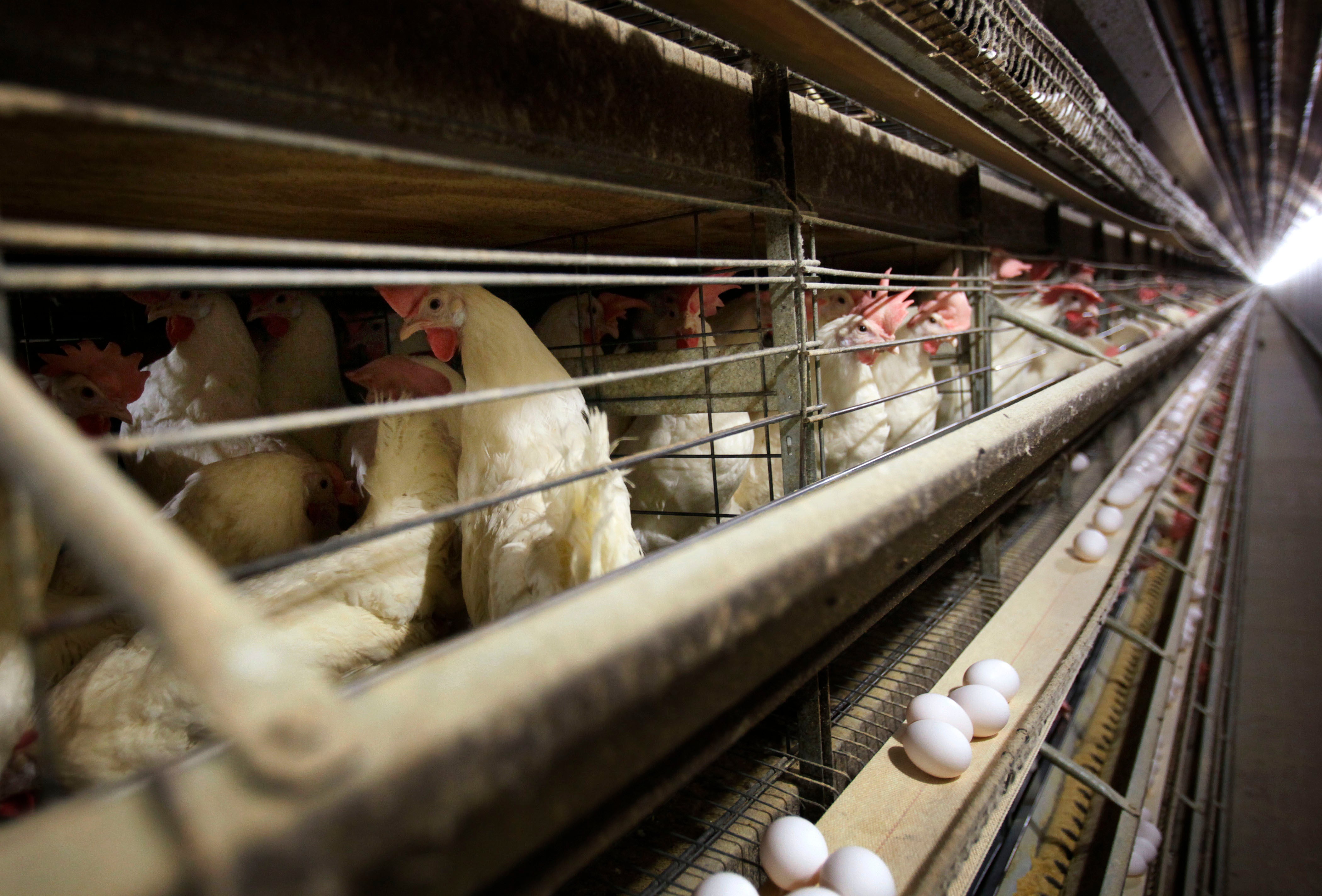Colorado Bird Flu Outbreak
Colorado bird flu – Colorado is currently experiencing an outbreak of highly pathogenic avian influenza (HPAI), commonly known as bird flu. The virus has been detected in both domestic and wild birds, raising concerns among poultry farmers and wildlife officials.
Cases and Affected Areas
As of March 2023, the Colorado Department of Agriculture has confirmed over 100 cases of HPAI in the state. Affected areas include commercial poultry farms, backyard flocks, and wild bird populations in several counties, including Weld, Larimer, and Morgan.
The recent outbreak of bird flu in Colorado has raised concerns among poultry farmers and wildlife enthusiasts alike. The highly contagious virus has already led to the culling of millions of birds, and experts warn that it could have a devastating impact on the poultry industry.
Meanwhile, Katie Britt , a Republican candidate for the U.S. Senate, has expressed support for measures to combat the spread of bird flu, highlighting the importance of protecting both animal and human health.
Containment Measures and Government Response
In response to the outbreak, the Colorado Department of Agriculture has implemented strict containment measures to prevent the spread of the virus. These measures include:
- Quarantining infected flocks and euthanizing infected birds
- Restricting movement of poultry and poultry products
- Enhancing biosecurity measures on farms and backyard flocks
The federal government is also providing support through the United States Department of Agriculture (USDA). The USDA is working with state officials to monitor the outbreak, provide technical assistance, and compensate farmers for losses due to the virus.
As the Colorado bird flu outbreak continues to spread, Governor Glenn Youngkin ( glenn youngkin wiki ) has declared a state of emergency. The virus has now been detected in over 20 counties, and officials are urging poultry farmers to take precautions to protect their flocks.
Impact on Poultry Industry

The Colorado bird flu outbreak has dealt a significant blow to the state’s poultry industry, leading to economic losses and disruptions in egg and poultry production.
The virus has forced the culling of millions of birds, decimating flocks and causing a shortage of eggs and poultry products. This has led to higher prices for consumers and significant financial losses for farmers.
Disruptions to Egg and Poultry Production
The outbreak has severely disrupted egg and poultry production in Colorado. The culling of infected flocks has reduced the number of laying hens, leading to a decline in egg production. Additionally, movement restrictions imposed to contain the virus have hindered the transportation of poultry and eggs, further exacerbating the supply chain disruptions.
Measures Taken by Poultry Farmers
Poultry farmers in Colorado have taken various measures to mitigate the spread of the virus and protect their flocks. These include:
- 加强生物安全措施,例如加强消毒和限制人员进入农场。
- Vaccinating flocks against the virus.
- Isolating infected birds and implementing quarantine measures.
- 加强监测和疾病监测。
- Cooperating with state and federal agencies to implement control measures.
Public Health Concerns: Colorado Bird Flu

The H5N1 avian influenza virus, commonly known as bird flu, can pose potential health risks to humans. Understanding these risks and implementing preventive measures is crucial for protecting public health.
Humans can become infected with the bird flu virus through direct contact with infected birds, their secretions, or contaminated surfaces. While the virus primarily affects birds, it has the potential to cause severe respiratory illness in humans, particularly those with weakened immune systems or underlying health conditions.
Transmission and Symptoms, Colorado bird flu
- Transmission: Bird flu can spread to humans through contact with infected birds, their saliva, nasal secretions, or feces. It can also be transmitted through contact with contaminated surfaces or objects.
- Symptoms: In humans, bird flu can cause a range of symptoms, including fever, cough, sore throat, muscle aches, and fatigue. In severe cases, it can lead to pneumonia, acute respiratory distress syndrome (ARDS), and even death.
Preventing the Spread
To prevent the spread of bird flu and protect public health, several measures can be taken:
- Avoid Contact with Infected Birds: Avoid direct contact with sick or dead birds, and do not handle them without proper protective gear.
- Practice Good Hygiene: Wash hands frequently with soap and water, especially after handling poultry or visiting areas where birds are present.
- Cook Poultry Thoroughly: Ensure that poultry products are cooked to an internal temperature of 165°F (74°C) to kill any potential viruses.
- Report Suspected Cases: If you suspect a bird flu infection in yourself or others, seek medical attention immediately and report the case to the local health authorities.
Importance of Cooperation
Cooperation between individuals and health authorities is vital in controlling the spread of bird flu and protecting public health. By reporting suspected cases promptly, adhering to preventive measures, and working together, we can minimize the risk of transmission and safeguard our communities.